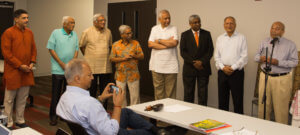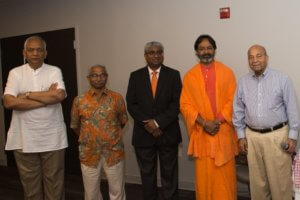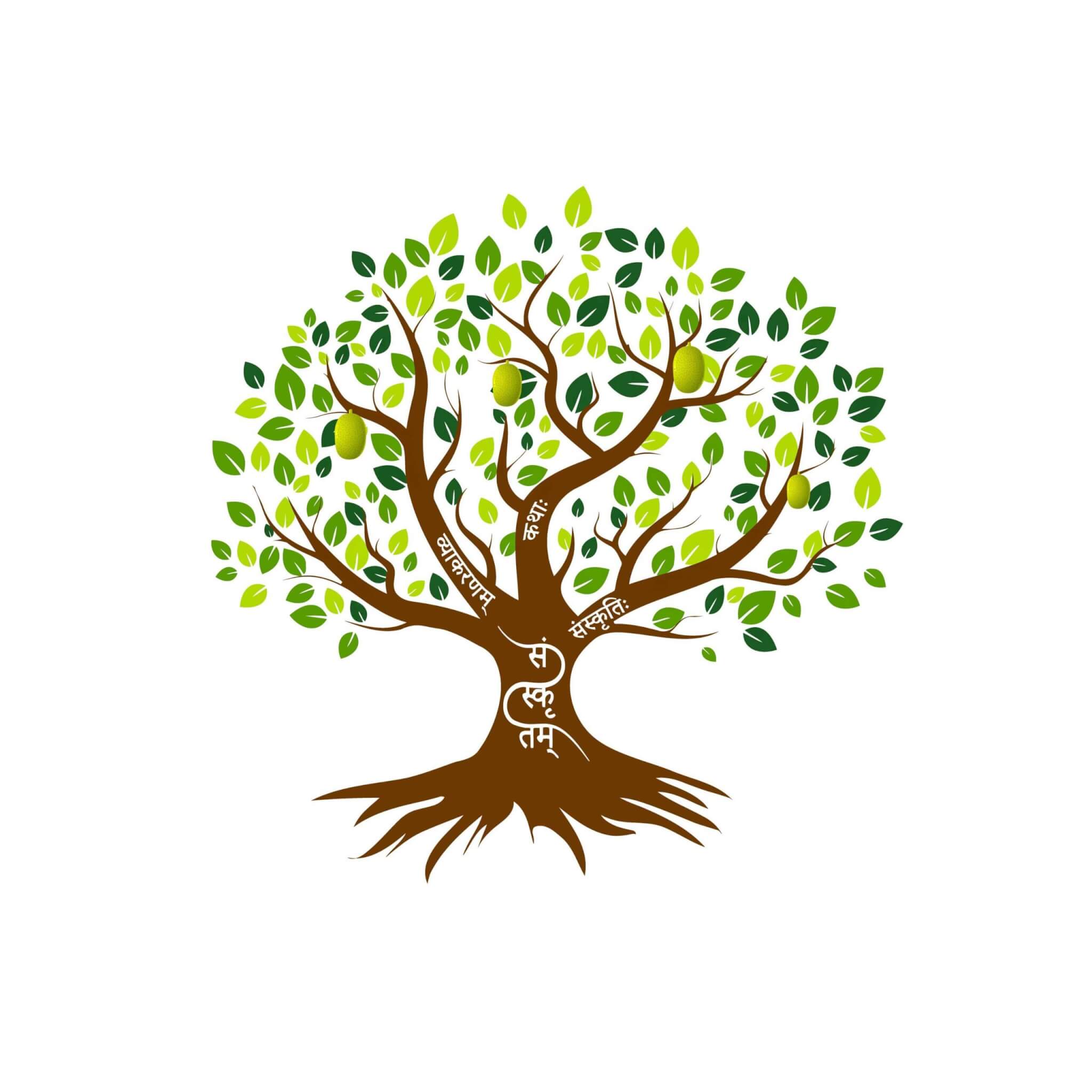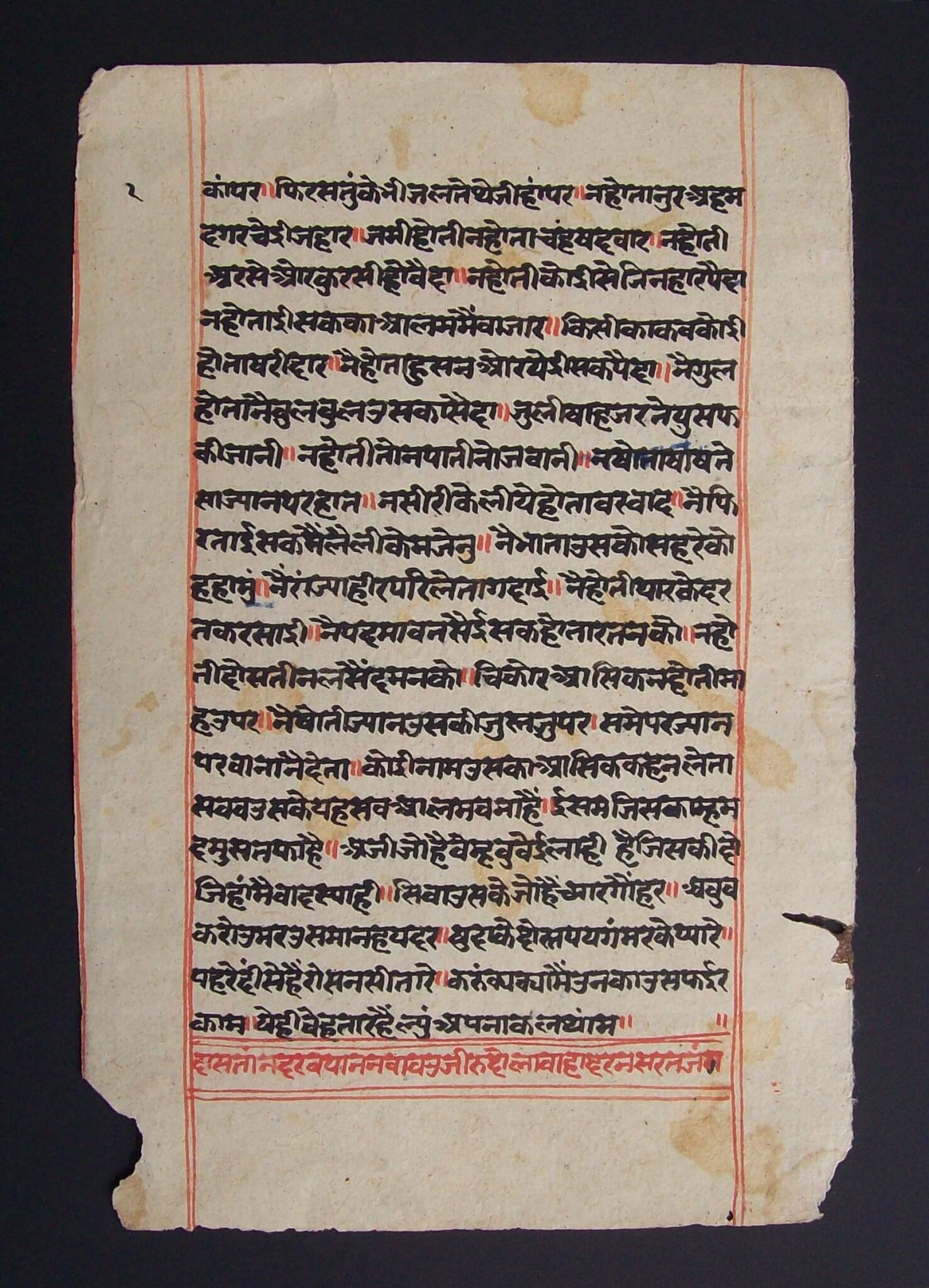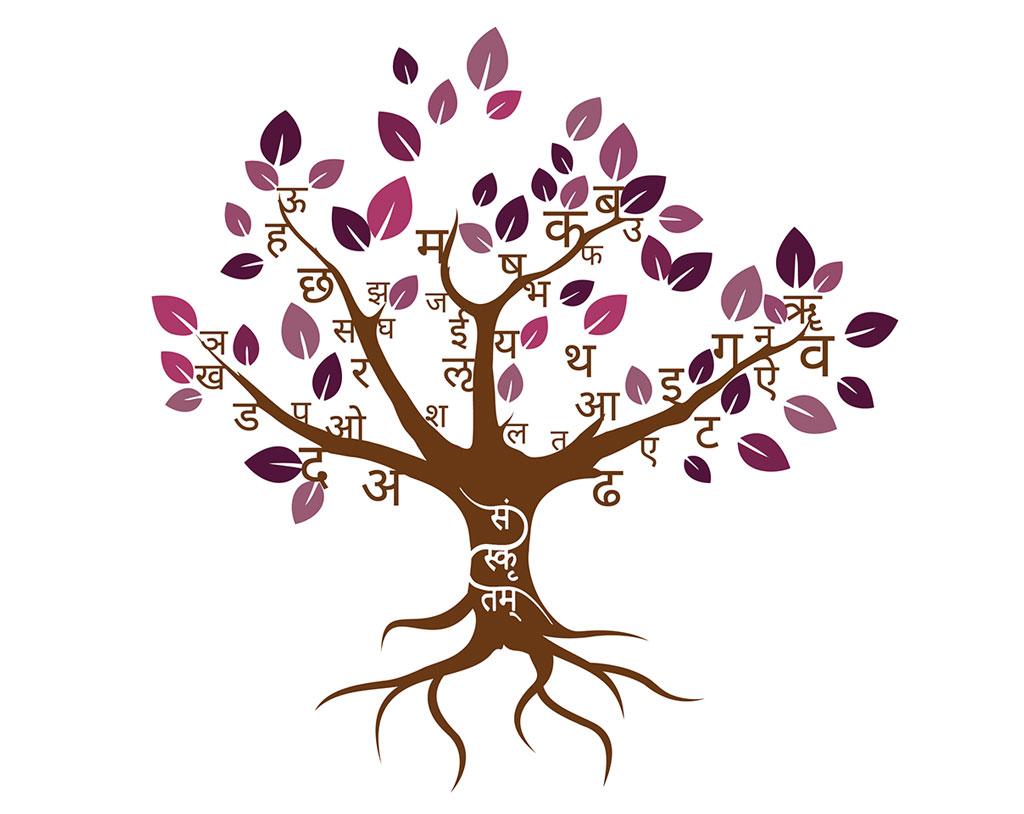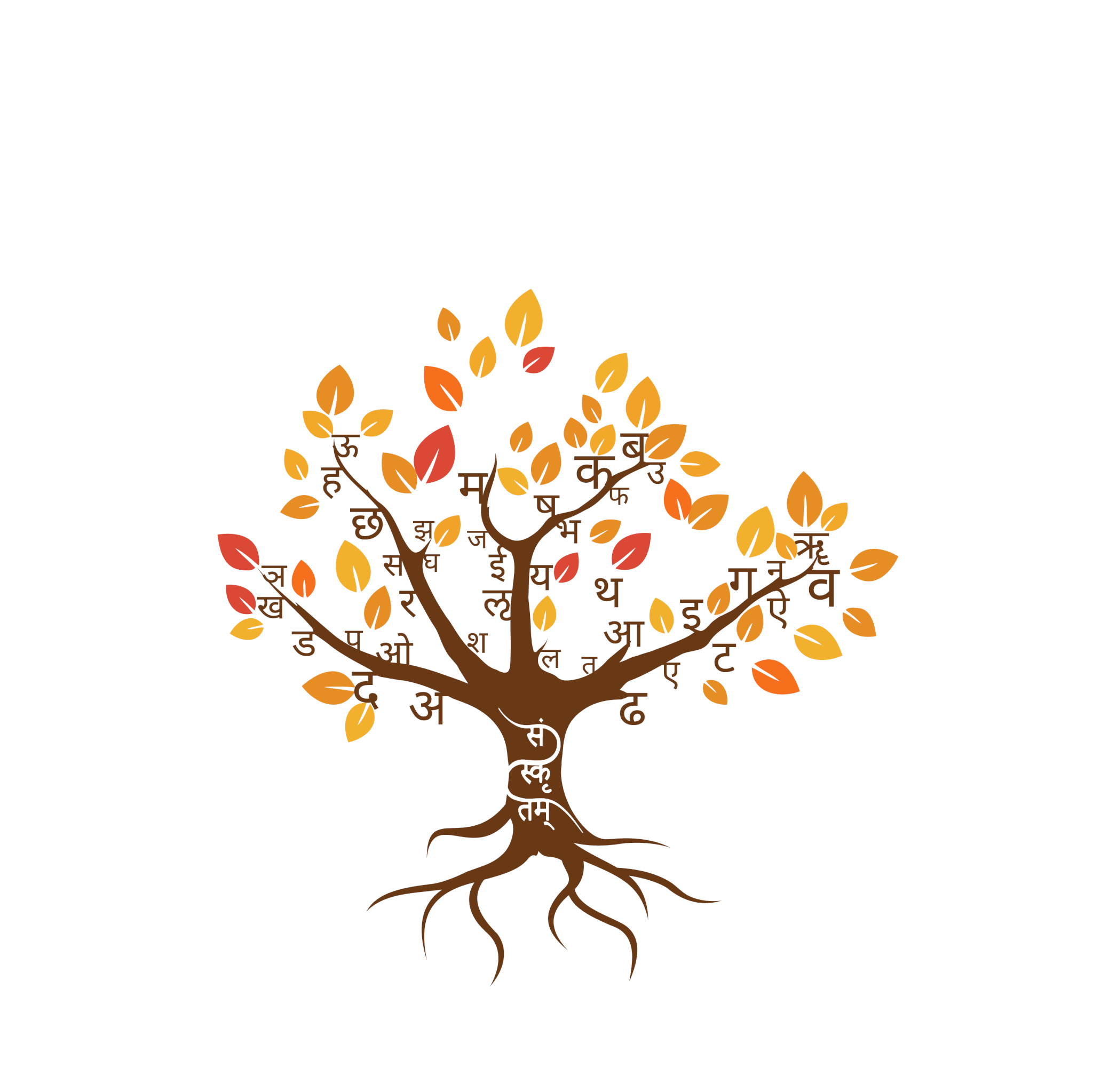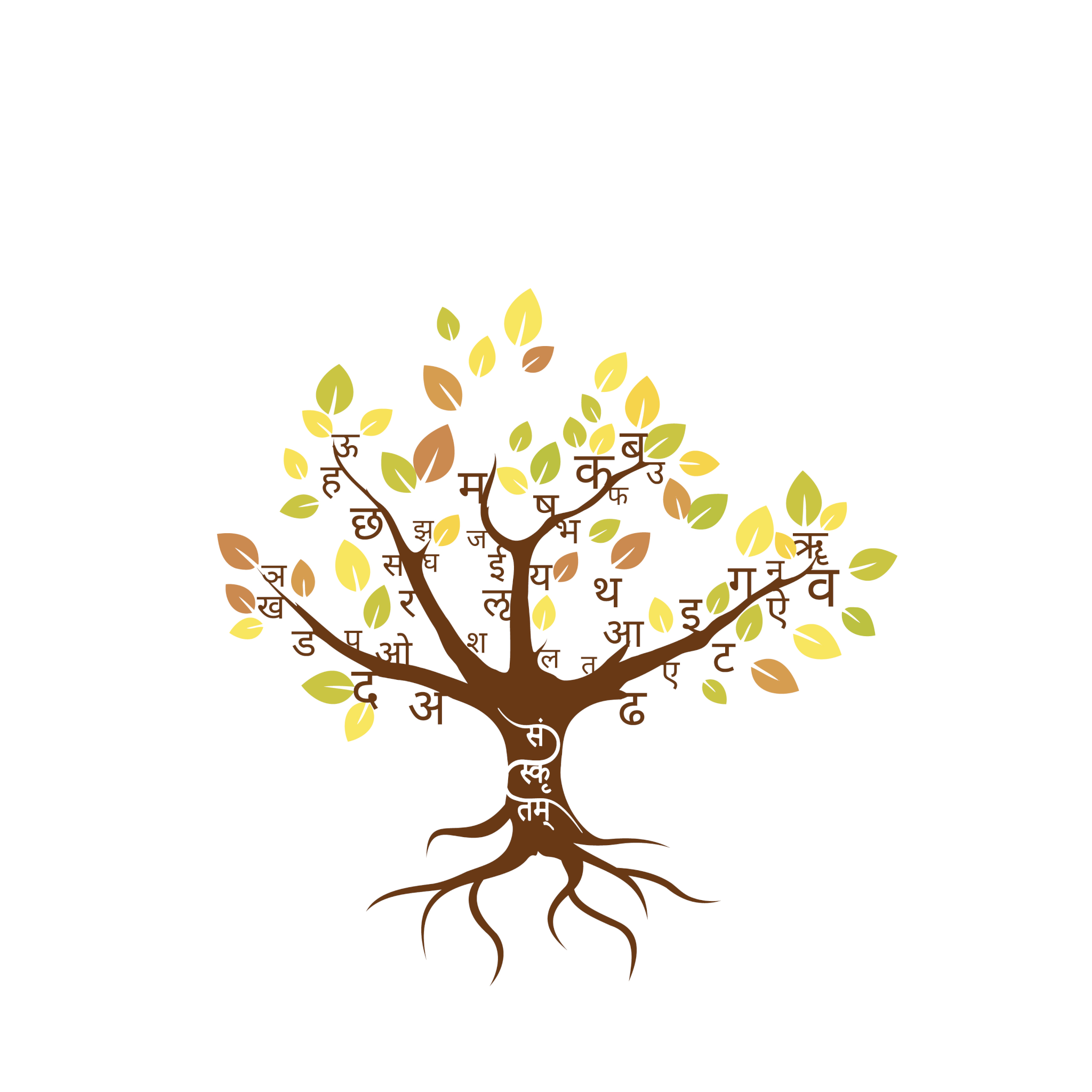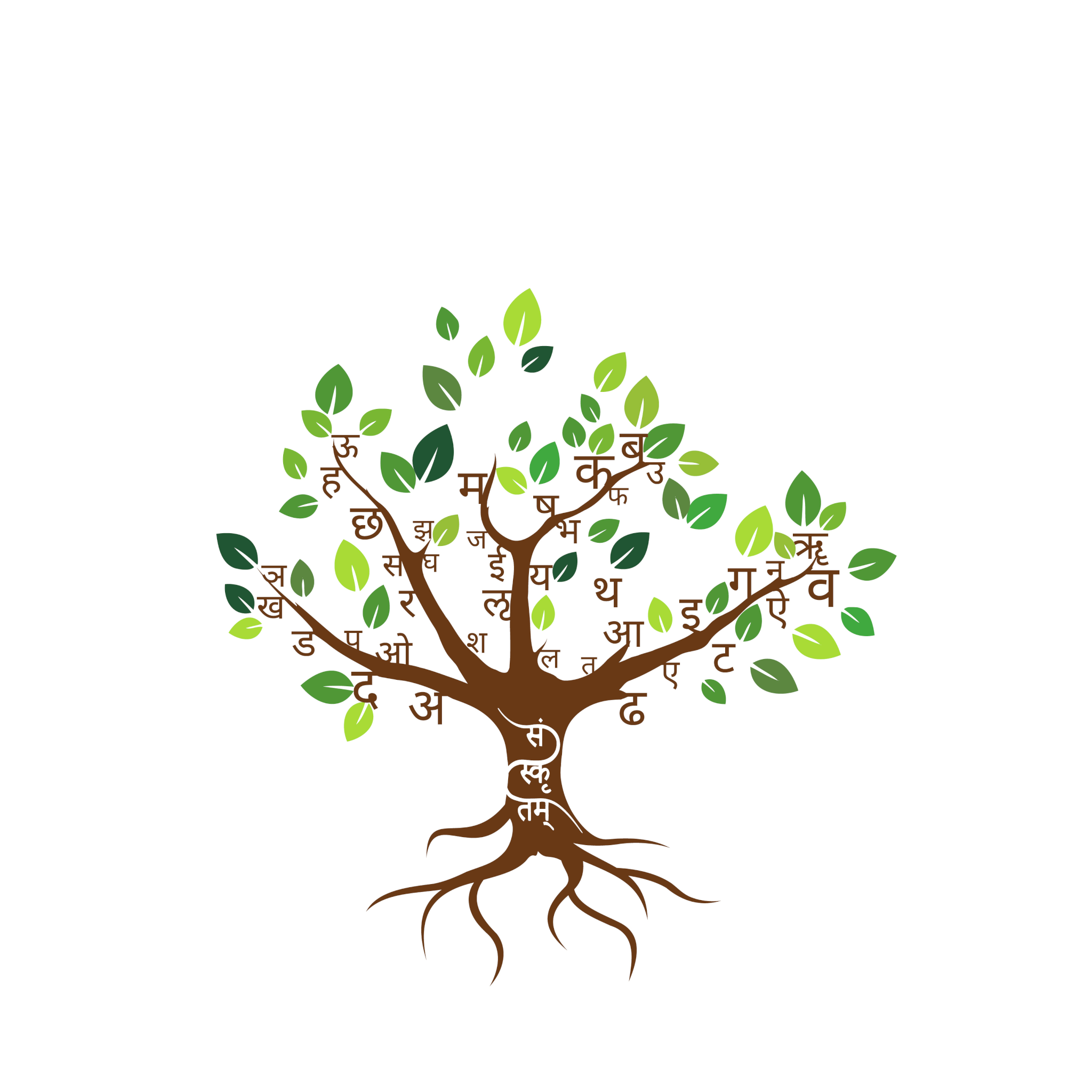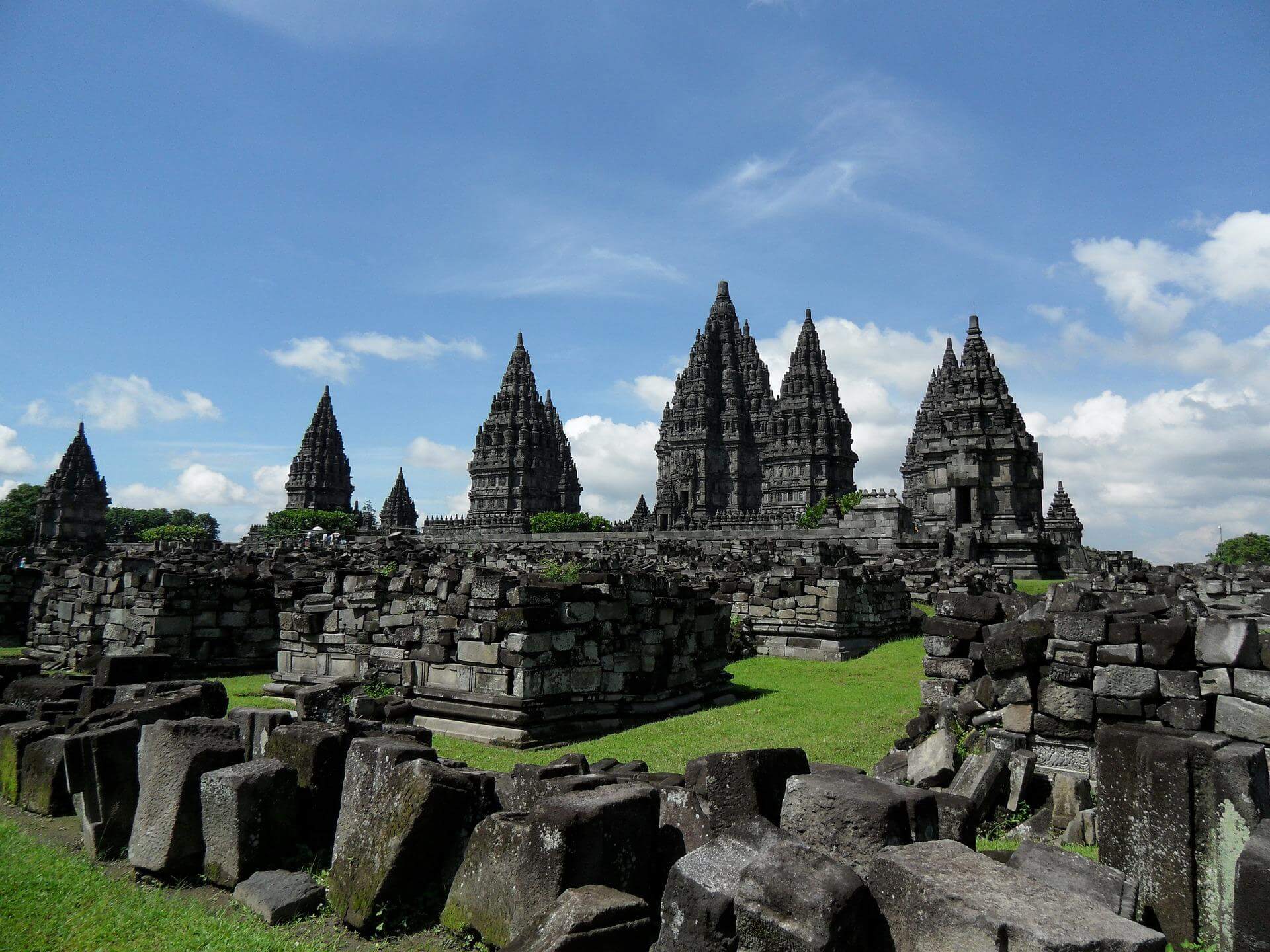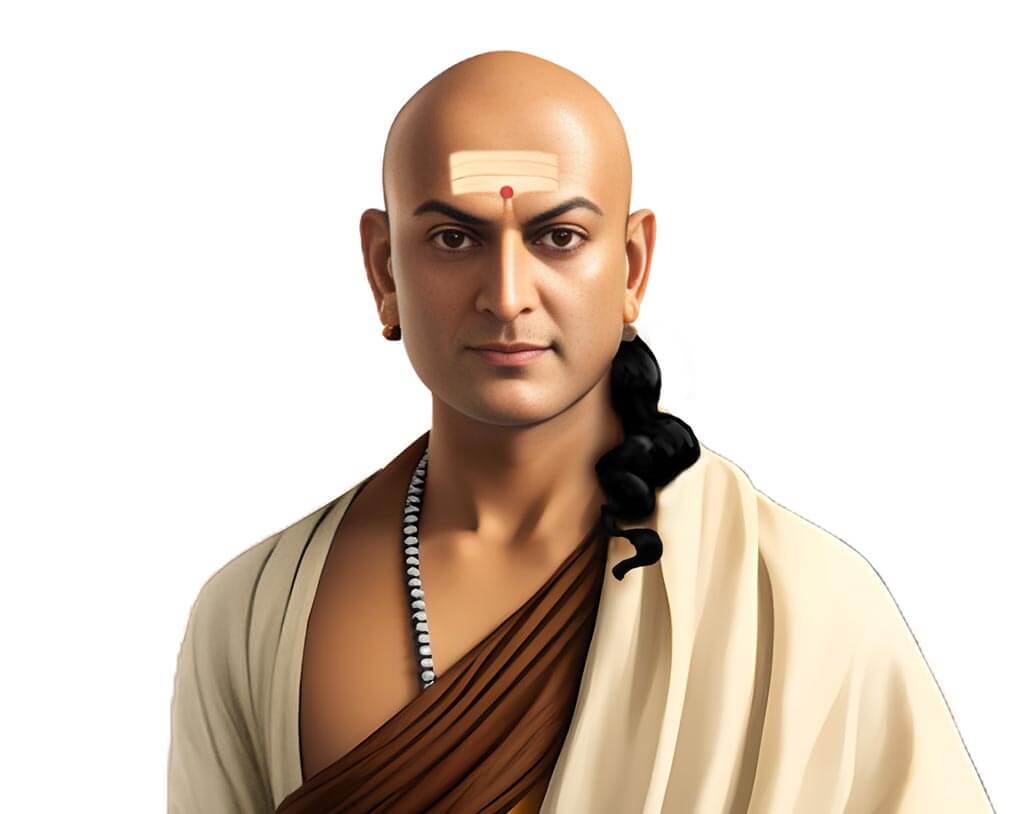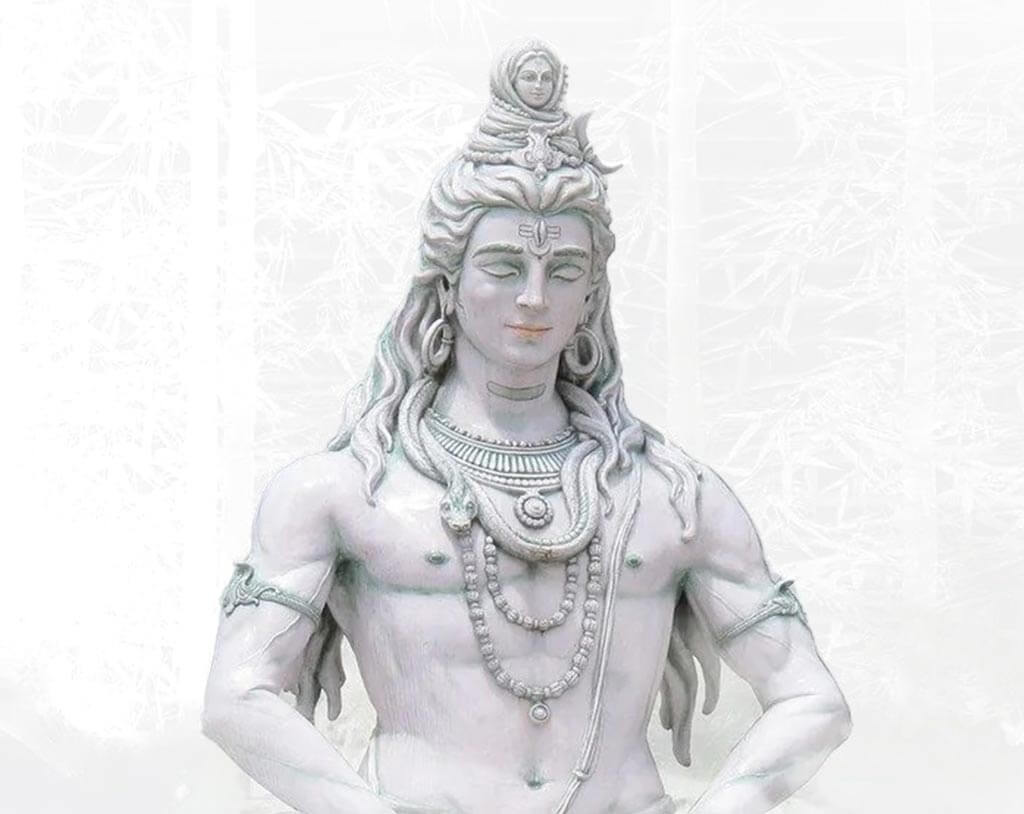Quarters / Semesters Offered: Spring 2023
Applied Vedic Science – Advanced (Vedanta)
Applied Vedic Science – Advanced (Vedanta)
Course Content:
This course introduces the student to the ontological schema proposed by three schools of Vedanta, namely, Advaita, Visistadvaita, and Dvaita through the study of their primers.
In this course students will be able to:
- Understand the various ontological schema with which the same ontological content is presented based on variation of darśanas, all of them rooted in the Vedic tradition.
- Observe the variation in language usage that the different schools of Vedanta adapted in the presentation of their doctrines.
Area of Study: Sanskrit Studies
Required / Elective: Elective
Program: MA in Sanskrit / Masters Certificate in Sanskrit
Quarter Offered: Spring 2024
Applied Vedic Science – Advanced (Yoga)
Applied Vedic Science – Advanced Yoga
Course Content:
This course introduces the portion of the Yogasutras that defines and discusses the systematic means – sadhana – of attaining the most exalted spiritual state and substantiates the process with reasons where necessary.
In this course students will be able to:
- Comprehend the means of attaining an exalted state of spirituality along with the systematic technical definitions of such means
- Logically understand the process presented in the Yogasutras
Area of Study: Sanskrit Studies
Required / Elective: Elective
Prerequisites: Completion of the Applied Vedic Science – Basic (Yoga)
Quarter Offered: Spring Quarter
Ayurveda – Advanced Nutrition
Ayurveda – Essential Nutrition
Beginning Sanskrit – I
Beginning Sanskrit – I
Beginning Sanskrit – II
Beginning Sanskrit – II
Beginning Sanskrit – III
Beginning Sanskrit – IV
Beginning Sanskrit – IV
Beginning Shuddh Hindi – Script & Sounds
Beginning Shuddh Hindi – Script & Sounds Learning Objectives:
- Master the “devanAgarii” / Hindi script
- Pronounce the Hindi letters correctly, by understanding the origin of each sound
- Build a vocabulary of at least 200 words in Hindi (nouns, pronouns, and verbs)
- Make simple sentences in all three persons
Course Contents:
- Vowels (“svar”) & Consonants (“vyanjan”)
- Conjoint letters (“bArah khaDii”)
- Compound consonants (“saMyuktAkShar”)
- Simple words in Hindi
- Simple sentences with 2 or 3 words
- Question words
Required / Elective: Required
Prerequisites: Admission into CPSH
Faculty / Instructor: Chandrasekar Raghu, Dr. Shraddha Modi
Program of Study: Certificate Program in Shuddh Hindi (CPSH)
Start Date:- July 14, 2023
End Date:- September 22, 2023
Day:- Fridays
Time:- 8:00 pm EST – 9:30 pm EST
Quarter Offered: Summer 2023
Beginning Shuddh Hindi – Sentences & Comprehension
Beginning Shuddh Hindi – Sentences & Comprehension
Learning Objectives:
- Build a vocabulary of at least 750 words in Hindi (nouns, pronouns, and verbs)
- Using case endings
- Using different tenses
- Comprehend and recite simple verses.
- Engage in simple conversations.
- Write short essays.
Course Contents:
- Use of “ke” to denote location
- Object case: Use of “ko”
- Instrumental case: Use of “se”
- Dative case: Use of “ke liye”
- Simple past tense: Use of “thA”, “the”, “thii”, “thiiM
- Use of simple past tense “sAmAnya-bhUt-kAl” for masculine, deminine words in both singular and plural
- Use of present continuous tense “ tAtkAlika-vartamAna-kAl”
- Use of past continuous tense “apUrNa-bhUt-kAl”
- Use of “rahA”, “rahe”, “rahii”
- Simple verses
- Parts of the body
- Simple conversations
- Use of Present Perfect tense – “Asanna-bhUt-kAl”
- Use of Past Perfect tense “pUrNa-bhUt-kAl”
- Short essays and translations
Books required:
The students can buy the book directly from the amazon
Required / Elective: Required
Prerequisites: Admission into CPSH, Completion of HIN0102
Faculty / Instructor: Chandrasekar Raghu, Dr. Shraddha Modi
Program of Study: Certificate Program in Shuddh Hindi (CPSH)
Start Date:- April 12, 2023
End Date:- June 21, 2023
Day:- Wednesdays
Time:- 8:00 pm EST – 9:30 pm EST
Quarter Offered: Spring 2023
Certificate in Hindu Civilizational Studies
Certificate program in Hindu Civilizational Studies
Certificate program in Hindu Civilizational Studies (C.H.C.S) is an in-depth exploration of the Hindu Civilization from a Hindu perspective. It provides the student with a grounded understanding of Hindu Dharma as one of the oldest, continuous, and still thriving cultures of the world. It unfolds the paradigm of Dharma, i.e., sustainability or natural order, through an exploration of its culture and knowledge traditions. This program enables the student to discover, reconnect and become profoundly established in the paradigm of Sanatana Dharma through a systematic study of the Hindu Civilization.
It comprises of 2 parts:
1. Exploring Hinduism
A set of courses to gain an understanding of Sanatana Dharma and Hindu thought – the bedrock of the Hindu Civilization, by exploring the history, facets, and practices of this culture, which is based on the principles of Dharma at its core. What is Sanatana Dharma? What is Hinduism? When did Hinduism start? Who is a Hindu? What makes Hindus different? Does Hindu thought have relevance in today’s world? Answers to such questions can be found in this “Exploring Hinduism” set of courses.
2. Hindu Contributions To The World
A set of courses to learn how the Hindu civilization and its knowledge systems had influenced world progress with contributions in the realm of both Matter and Mind. This series of courses looks beyond the myths set in motion by a few hundred years of colonial encounter and examines the evidence for the sciences, technologies, inventions, industry, prosperity, wealth and thought leadership that had made India a sought-after civilization across times. It is now accepted knowledge that India was at the top in world trade for around 2000 years with 1/3rd of world trade coming from India. But there is very little mention of how India accomplished this position.
What did it create? What did it trade in? This set of courses goes into the details of the individual components that made up this 33% of world trade and its impact on the world and in India. This subject matter stays unacknowledged and is rarely available for discussion. It also addresses the crucial question, “How could this civilization give all this and more – both to the East and the West?”.
It is a cyclic program of 8 quarters / courses, where participants can join during any quarter and get their Certification once they complete the 8 courses in any order and at their own pace, depending on their ability to join any quarter. This program is open to all – those with or without Indian or Hindu roots, wherever they may be in the world. It will help see the world from a Hindu, Bharatiya, Indic perspective and experience how different it is, from what we think we know.
Program Learning Outcomes: At the end of this program, students will be able to:
- Explain the Hindu Paradigm of Dharma
- Describe salient aspects of the Hindu Civilization
- Critique various misrepresentations of Hinduism
- Synthesize an expansive account of world history
- Establish an expanded sense of purpose and relevance
Required / Elective: Required
Prerequisites: Admission into a Certificate in Hindu Civilizational Studies
Faculty / Instructor: Dr. D. K. Hari, Dr. D. K. Hema Hari,
Quarter Offered: Spring 2024
Certificate program in Shuddh Hindi – Beginner Phase
Certificate program in Shuddh Hindi – Beginner Phase
Certificate Program in Shuddh Hindi (CPSH)– Beginner Phase is the foundation set of 4 courses for students of all ages, from 9th Grade onward. It is the first of three successive phases – Beginner, Intermediate and Advanced, which together comprise the CPSH. There is no prerequisite for this program. The medium of instruction is English, and the course is easily accessible for a global audience. It is a 4 – Quarter, 44 – week detailed study that prepares beginner level students, i.e., those without any prior knowledge of Hindi or devanAgari, to achieve a level of comfort with the Hindi language that will enable them to pursue higher learning with ease.
The Beginner Phase of Certificate Program in Shuddh Hindi is aimed at high school students and adults with a passion to learn a new language, those who are keen to engage with the texts and literature of pristine Hindi and its numerous derivative knowledge systems. It is taught by dedicated HUA Faculty members, via a user-friendly Online Platform, featuring a learning model that uses live virtual classrooms.
Learning Objectives:
In this course, students will be able to:
- Master the “devanAgarii” / Hindi script
- Pronounce the Hindi letters correctly, by understanding the origin of each sound
- Make simple sentences in all three persons
- Learn how to make requests and instructional statements
- Learn how to ask questions
- Recite simple Hindi words and phrases through listening, with the correct pronunciation.
- Listen to and recite simple songs.
- Using case endings
- Using different tenses
- Comprehend and recite simple verses
- Write short essays and stories
- Build a vocabulary of at least 1,000 words in Hindi (nouns, pronouns, and verbs)
- Engage in beginner level conversations
Program Structure: CPSH – Beginner Phase is structured in the form of 4 quarters (1 year) sequence, 1.5 Credit hours each. This will add up to 60 hours of instruction and 120 hours of self-study in total. Structured innovatively using the prescribed curriculum and textbooks, augmented with other appropriate course content.
At the end of the 4th quarter, students may enter the intermediate phase, which has 4 quarters i.e., 44 weeks.
Required / Elective: Required
Prerequisites: Admission into a Certificate Program in Shuddh Hindi – Beginner Phase
Faculty / Instructor: Shri. Chandrasekar Raghu, Dr. Shraddha Modi
Quarter Offered: Summer 2023







